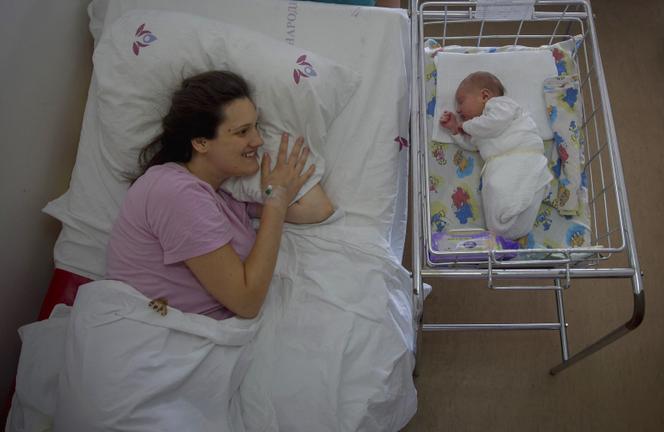


Unlike our chronological age, which advances inexorably, our biological or physiological age, which reflects our functional capacities, fluctuates. It increases as a function of various factors: stress, illness, surgery, but also pregnancy. In 2023, in Cell Metabolism, research carried out by Jesse Poganik, a geneticist at Brigham and Women's Hospital (the teaching hospital of Harvard Medical School) in Boston, showed that motherhood in particular led to faster molecular aging in mice and women.
But the arrow of biological time can also be reversed. Building on this research, work also published in Cell Metabolism on Friday, March 22, in correspondence form, suggested that, while pregnancy accelerates biological age, it reverses after childbirth, particularly in those who are breastfeeding or have a lower-than-normal body mass index.
In detail, the researchers analyzed blood samples taken from 119 women on four occasions during their pregnancy: at the beginning, in the middle, and at the end of pregnancy, as well as around three months after delivery for 68 of them. By analyzing different molecular clocks, the researchers found changes in DNA methylation – regulating gene expression – which can be interpreted as a marker of aging.
The researchers observed these changes in leukocytes (white blood cells), showing an increase ranging from 0.7 years to 2.52 years in these pregnant women. "But the marked reversal in biological age between the end of pregnancy and three months after delivery was completely unexpected. That's what struck us most," said Kieran O'Donnell, an expert in perinatal health at the Yale School of Medicine and lead author of the study. "We saw a decrease in biological age from 3 years to 8 years."
The originality of this study also lies in the fact that the researchers identified pre-pregnancy body mass index and breastfeeding as two factors likely to influence the biological aging of the mother during pregnancy and after childbirth. In fact, the biological age of pregnant women with a body mass index equal to 30 (equivalent to moderate obesity) was 0.7 to 1.4 years higher than that of those with a BMI equal to 23.
With regard to breastfeeding, the researchers demonstrated that the practice favored a more rapid return to chronological age. Women who breastfed had an average biological age that was around one year younger than those who mixed breastfeeding or exclusively formula-fed.
You have 34.33% of this article left to read. The rest is for subscribers only.
